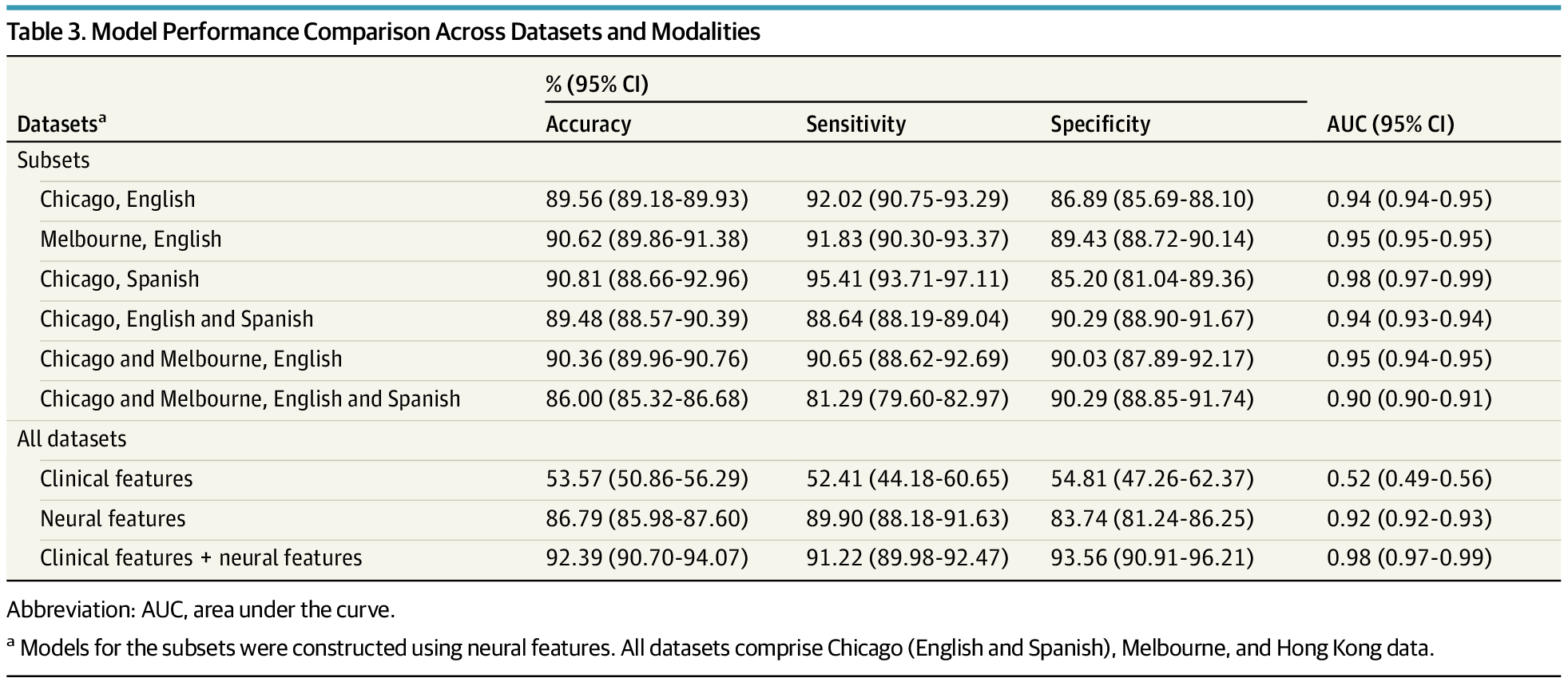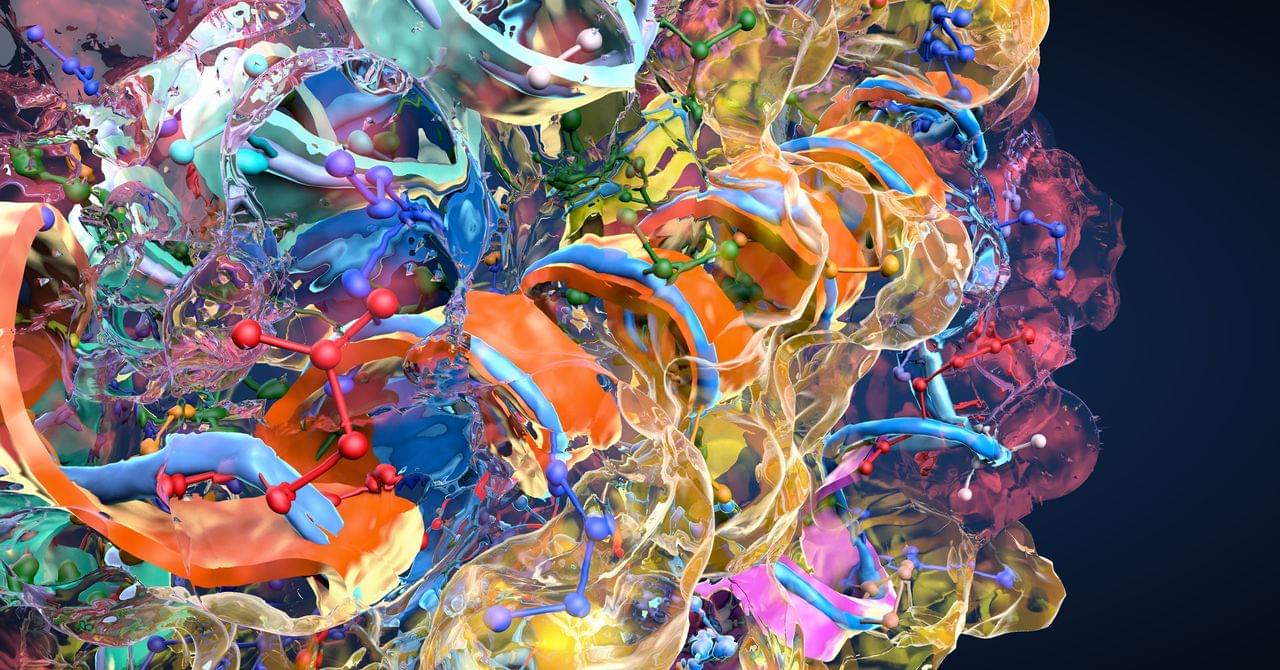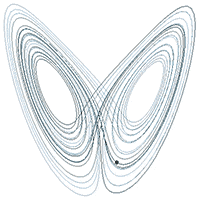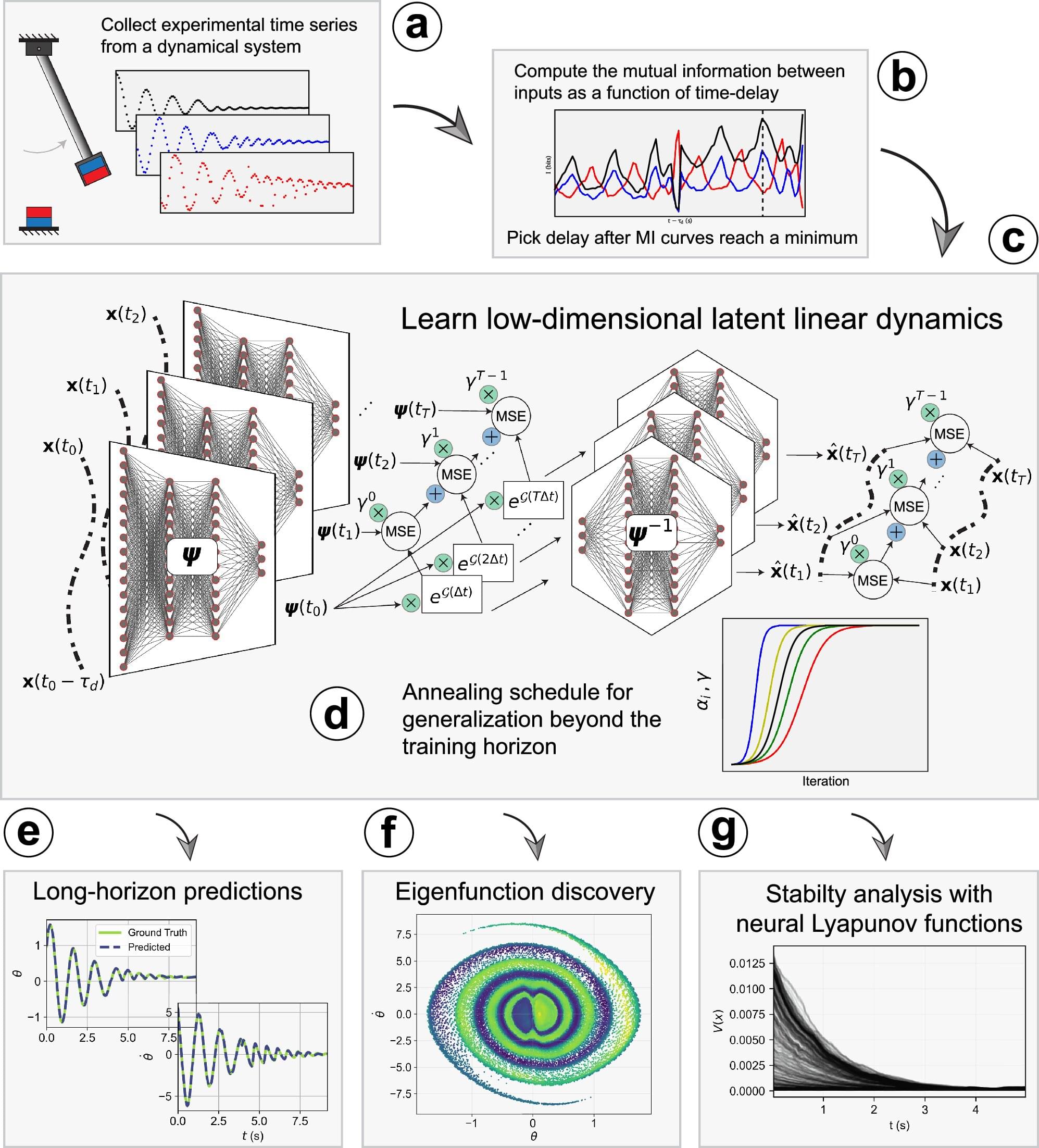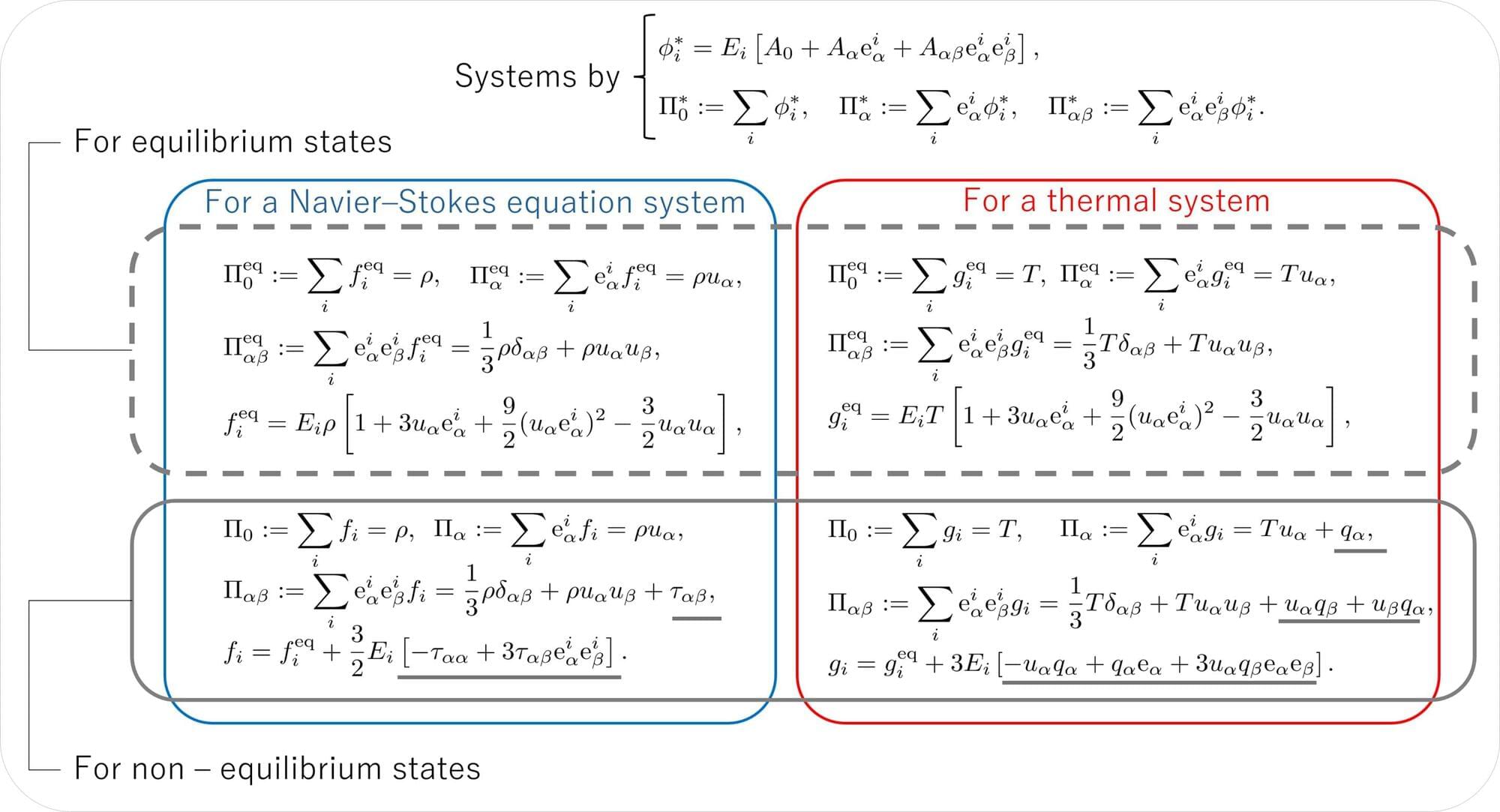Edward Witten, widely regarded as one of the greatest living theoretical physicists, sits down with Brian Greene to explore the deepest questions at the frontiers of modern science. From string theory and quantum gravity to black holes, cosmology, and the nature of consciousness, Witten reflects on what physics has revealed—and what remains profoundly mysterious.
The only physicist to receive the Fields Medal, Witten discusses why unifying quantum mechanics and general relativity has proven so difficult, how string theory forces gravity into its framework, and why decades of progress have still not revealed the fundamental principles underlying the theory. He also examines powerful ideas such as duality, extra dimensions, and the controversial anthropic principle, offering rare insight into how physicists grapple with uncertainty at the edge of human understanding.
The conversation moves beyond equations into philosophy, addressing questions about free will, the quantum measurement problem, and whether consciousness plays a role in how reality is observed. Witten reflects candidly on discovery, doubt, beauty in mathematics, and what it feels like to work at the limits of knowledge.
This discussion is essential viewing for anyone interested in theoretical physics, cosmology, quantum theory, and the future of our understanding of the universe.
This program is part of the Rethinking Reality series, supported by the John Templeton Foundation.
Participant: Edward Witten.
Moderator: Brian Greene.
0:00:00 — Introduction: Free Will, Physics, and the Quest to Unify Reality.


